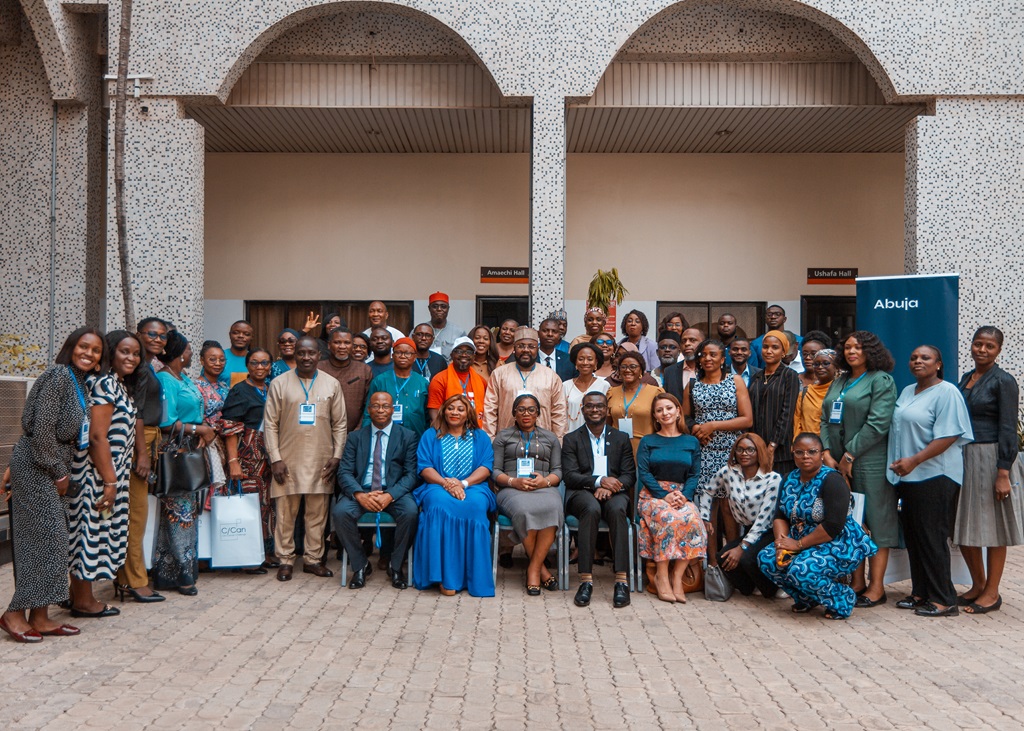
In Nigeria, cancer is more than just a statistic. It’s a harsh reality faced by countless individuals and families daily. With limited access to quality care and resources, the battle against the disease is an uphill struggle for many. However, recent developments in Abuja are bringing improvements to the fight against cancer, thanks to a collaborative effort poised to make a significant impact.
The inclusion of the city into the City Cancer Challenge (C/Can) network was a significant milestone in the quest for improved cancer care. Through the signing of an MoU and the activation of the C/Can’s City Engagement Process Framework (CEPF), key stakeholders like the Federal Ministry of Health, the Federal Capital Territory Administration, the Clinton Health Access Initiative, and the Medicaid Cancer Foundation, have united to leverage their collective expertise and resources towards a common goal: ensuring accessible and quality cancer care for all.
C/Can takes a collaborative approach to address cancer care gaps by empowering local stakeholders to find innovative ways to tackle challenges collectively. It involves multi-sectoral collaboration, leveraging the expertise of government, healthcare professionals, civil society organisations, professional health associations, the private sector, and patients.

One of the first milestones was the recent Stakeholder Mapping and Engagement Workshop held in Abuja on 19 March 2024. The key objectives of the workshop were to foster collaboration, identify relevant stakeholder institutions, and collectively strategise for improved cancer care outcomes in the region. The deliverables include a comprehensive list of stakeholders and the prospect of the formation of a City Executive Committee and City Technical Committees.
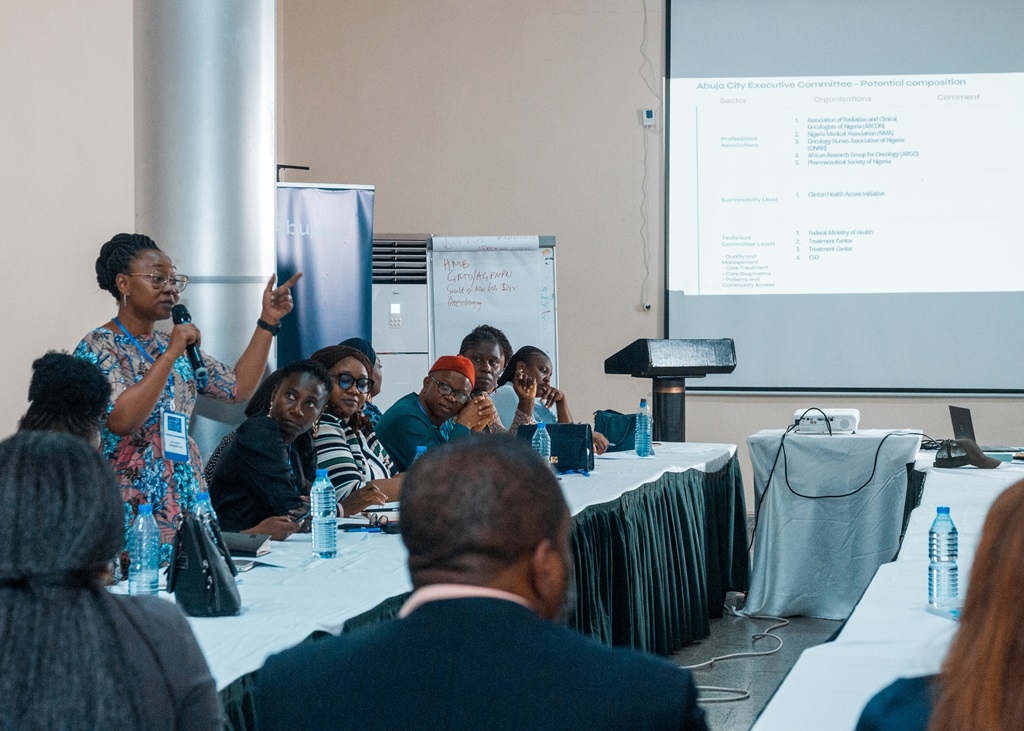
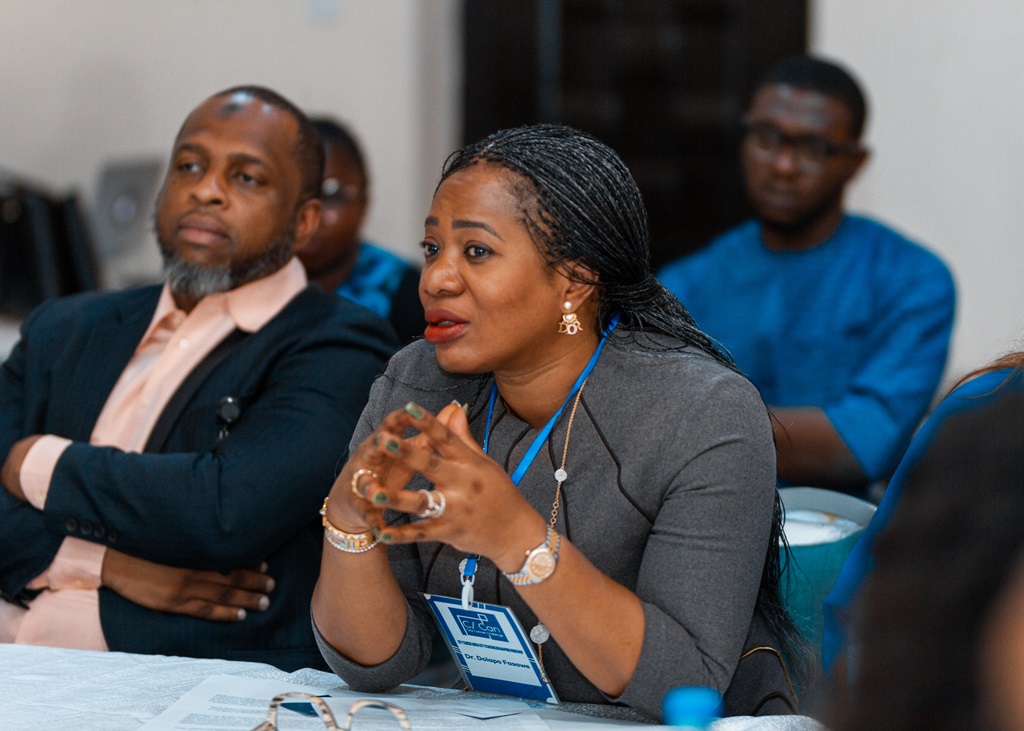
This initiative has come with innovation, as everybody was allowed to talk and had a voice. Usually, we would have just picked who we thought was a stakeholder and why it should be there, but what happened today was heartwarming.
said Dr. Adedolapo Fasawe, Mandate Secretary for Health Services and Environment Secretariat, Federal Capital Territory.
Among the over 60 people who attended the workshop were Prof. Usman Aliyu, Director-General of the National Institute for Cancer Research and Treatment, who represented Dr. Tunji Alausa, the Minister of State for Health and shared with participants the government’s efforts in improving access to quality cancer in Nigeria, underscoring the importance of collaborative efforts in addressing the challenges in Abuja.
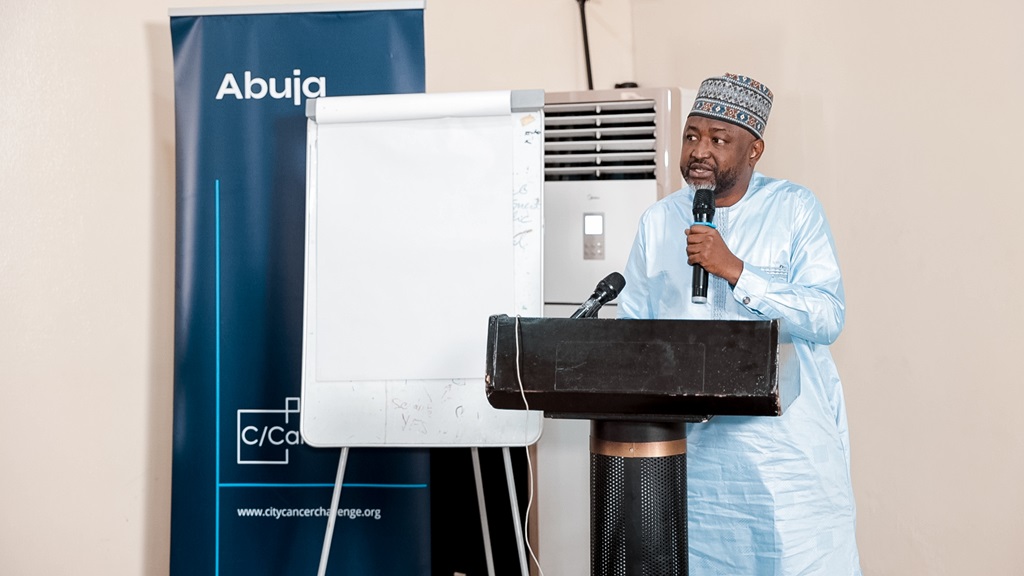
Stakeholders are actually those who play a vital role in terms of access to cancer. Be them the clinicians, the Federal Ministry of Health, the policymakers, they ensure that what is discussed today is translated into action.
said Prof. Usman Aliyu.
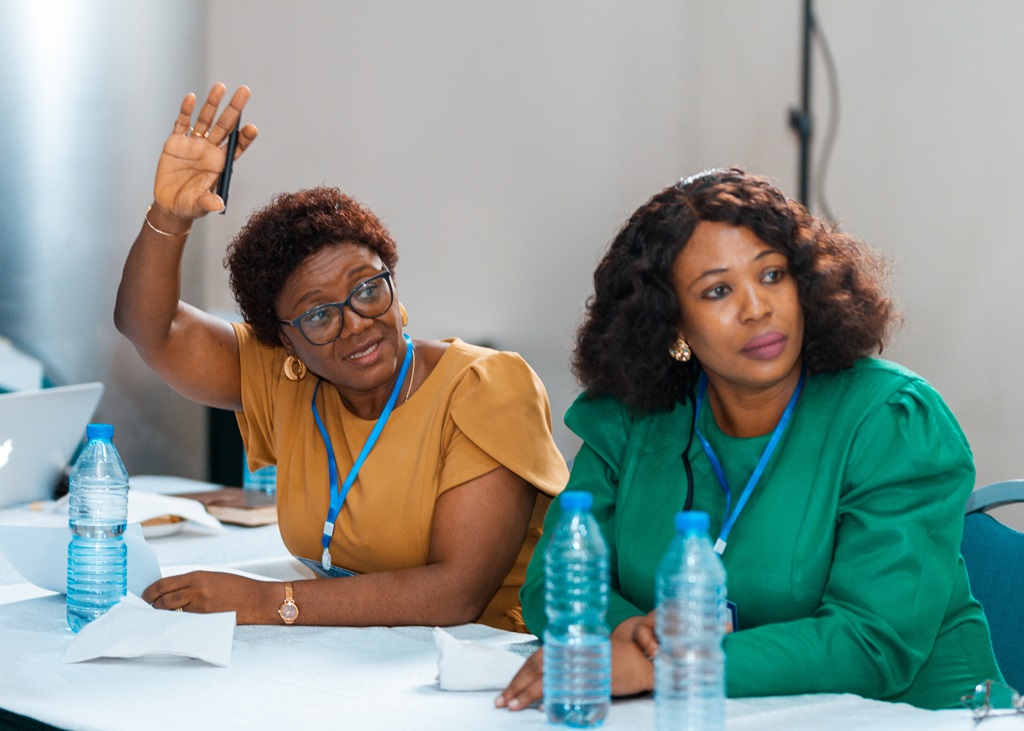
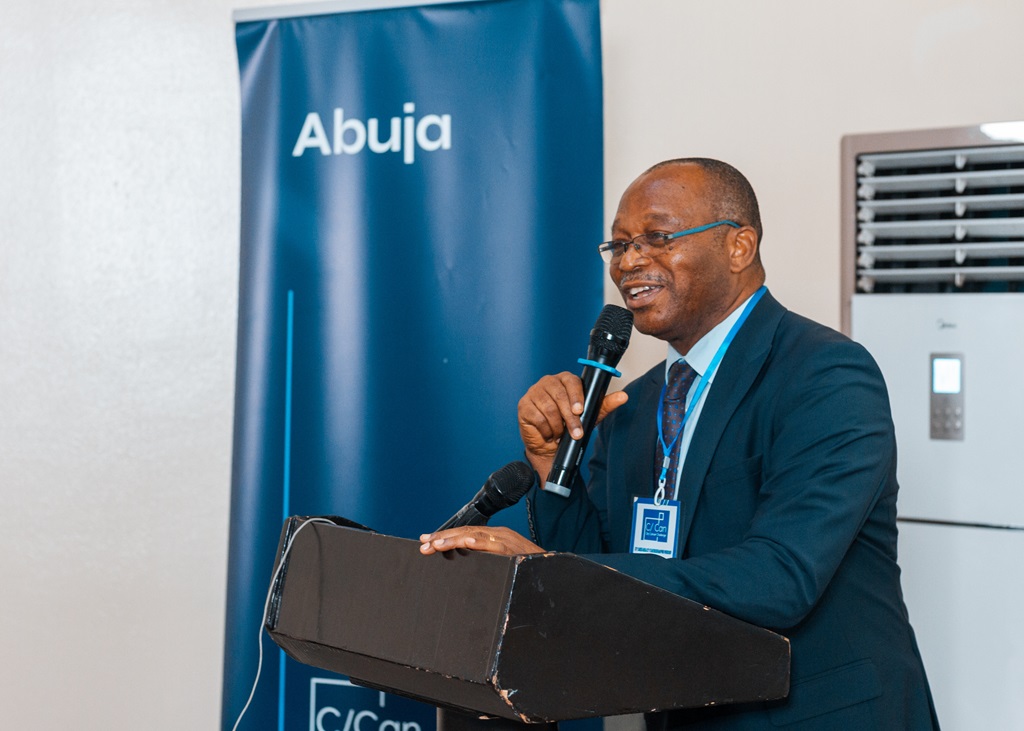
Cancer management has a multifaceted dimension. There are different stakeholders that manage each component of cancer care. They have to work in harmony. No one person or no one group will be able to provide this integrated services for the patients. That’s why mapping of the stakeholders properly and making sure they understand the roles and responsibilities that they have to play is fundamental.
said Dr Ejike Oji, former Special Assistant to the Federal Capital Territory Minister, and facilitator of the workshop.
In May, the first City Executive Committee (CEC) meeting will take place, where key organisations selected from the Stakeholder Mapping Workshop will participate. Following this first CEC meeting, the city will conduct a needs assessment to gain a deeper understanding of the capacity of four critical areas: core cancer diagnostic services, core cancer treatment services, quality and management, and community and patient access to care. The results of this assessment will provide the foundation for multiple cancer care projects that will be developed and implemented through close collaboration with C/Can.





